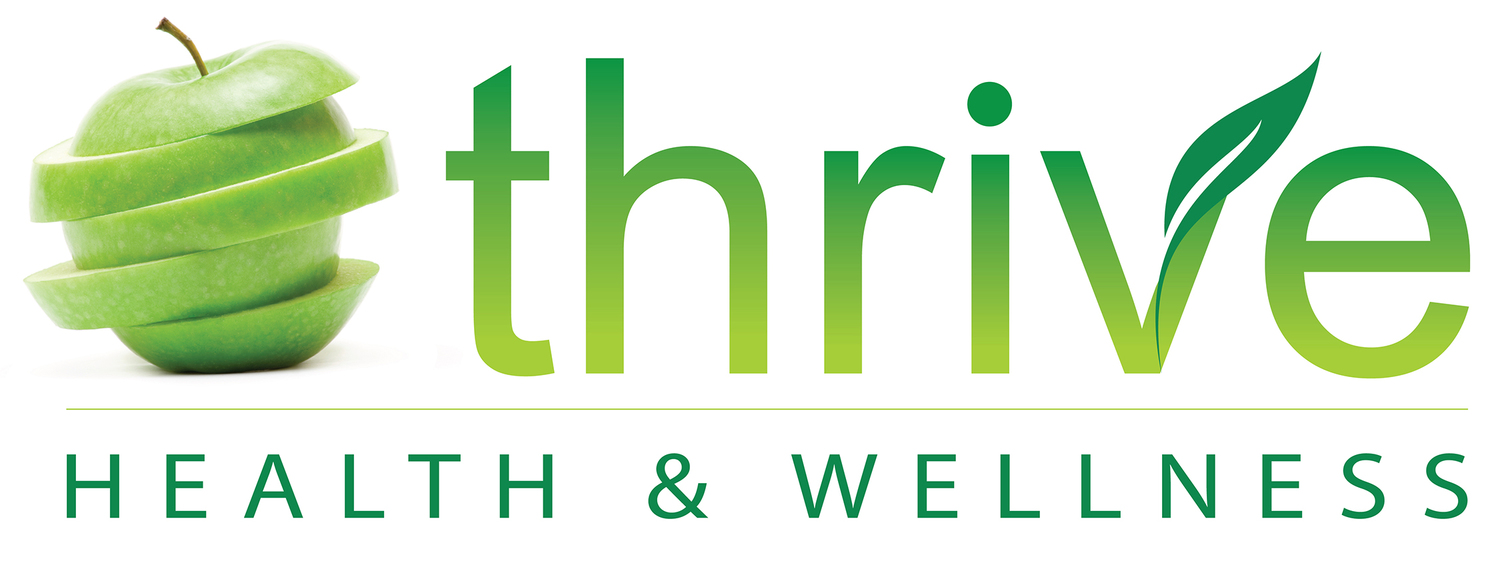Nourishing Your Way to Stable Blood Sugars: A Holistic Approach to Diabetes Management
Introduction:
Diabetes is a prevalent health concern affecting millions of people worldwide. Learning how to stabilize your blood sugar levels naturally through nutrition and lifestyle changes can help you manage your prediabetes or diabetes. As a holistic nutritionist, I'm here to guide you through a holistic approach to diabetes management that combines the power of nutrition, mindfulness, and self-care.
Understanding Blood Sugar:
To effectively manage blood sugars, it's crucial to understand the basics. When you eat, your body breaks down carbohydrates into glucose, which enters your bloodstream, causing a rise in blood sugar levels. Insulin, a hormone produced by your pancreas, helps regulate this by allowing cells to absorb glucose for energy. There are several things that can impair this balance and lead to high blood sugar (hyperglycemia), which is associated with prediabetes or diabetes. Making unhealthy food choices, leading a sedentary lifestyle, stress and some medications can impact this balance. Also, some internal factors can also be the culprit - the overproduction of glucose by the liver, underproduction of insulin, or your body’s inability to effectively utilize insulin (insulin resistance).
Holistic Approach to Diabetes Management:
1. Balanced Nutrition:
Consume a diet rich in whole foods and reduce your intake of processed foods, fast foods and refined (white) carbohydrates.
Focus on fiber-rich foods: Fiber slows down glucose absorption and will help keep things balanced. Incorporate a variety of fruits and vegetables, whole grains (oats, quinoa, brown rice, etc.), potato/sweet potato, avocado, chia/flax seeds, nuts, and legumes. Natural dried fruits (figs, prunes, and dates) are also high in fiber!
Protein and Healthy Fats- include lean proteins (fish, turkey, chicken, eggs, etc.) and healthy fats like avocados, nuts, nut butters, seeds, and olive oil in your meals and snacks. They help slow the release of glucose into the bloodstream.
Monitor your carbohydrate intake each day: Focus on complex carbs like quinoa, whole grains, sweet potato, brown rice, oats, and legumes and be aware of your portion sizes to prevent large spikes in blood sugars after meals.
2. Glycemic Index Awareness – The glycemic index ranks carbohydrates according to their impact on blood sugar levels (how quickly they are digested and absorbed into the bloodstream). Learn about the glycemic index (GI) of the foods that you eat and choose lower GI foods more often as they will have a gentler impact on blood sugar.
3. Regular Meals and Snacks - Consistency is key. Eating at regular intervals can help stabilize blood sugar levels. Be sure to plan ahead and have snacks on hand if you’re out. Do not leave big gaps between your meals.
4. Hydration - Stay well-hydrated. Dehydration can affect blood sugar control.
5. Stress Management - Chronic stress can raise blood sugar levels. Practice relaxation techniques like deep breathing, meditation, or yoga.
6. Physical Activity - Regular exercise helps improve insulin sensitivity. Aim for a combination of cardio and strength training.
7. Sleep - Prioritize quality sleep. Lack of sleep can lead to insulin resistance and unstable blood sugars.
8. Holistic Therapies - Consider holistic approaches like acupuncture, herbal remedies, and mindful eating to complement your diabetes management plan.
9. Monitor Blood Sugar Levels - Regularly check your blood sugar levels and work closely with your healthcare team to adjust your treatment plan as needed.
Conclusion:
Managing blood sugars and diabetes holistically is a multi-faceted journey that involves not only what you eat but also how you live. By embracing a balanced, whole-foods diet, staying active, managing stress, and adopting a holistic mindset, you can take control of your diabetes and live a healthier, more fulfilling life. If you’re looking for the daily guidance and support to help improve your nutrition and manage your blood sugars, consider working with a registered holistic nutritionist. Contact Steph to learn more about how Thrive’s nutrition programs can benefit your overall health.



